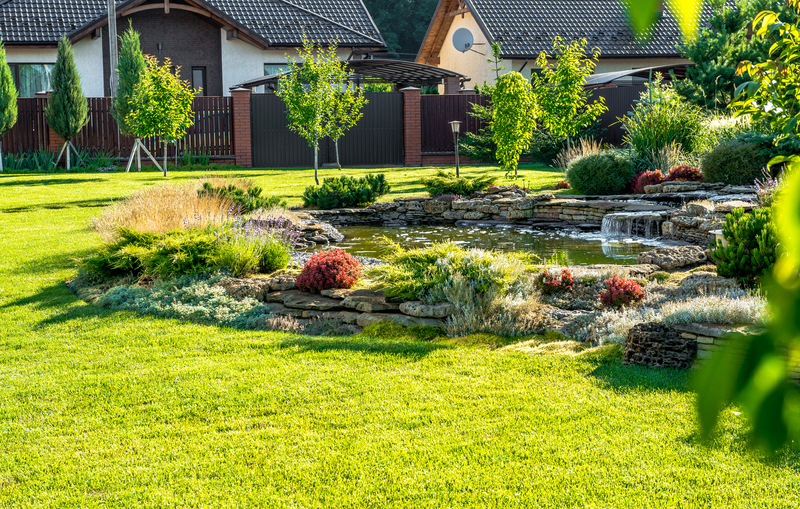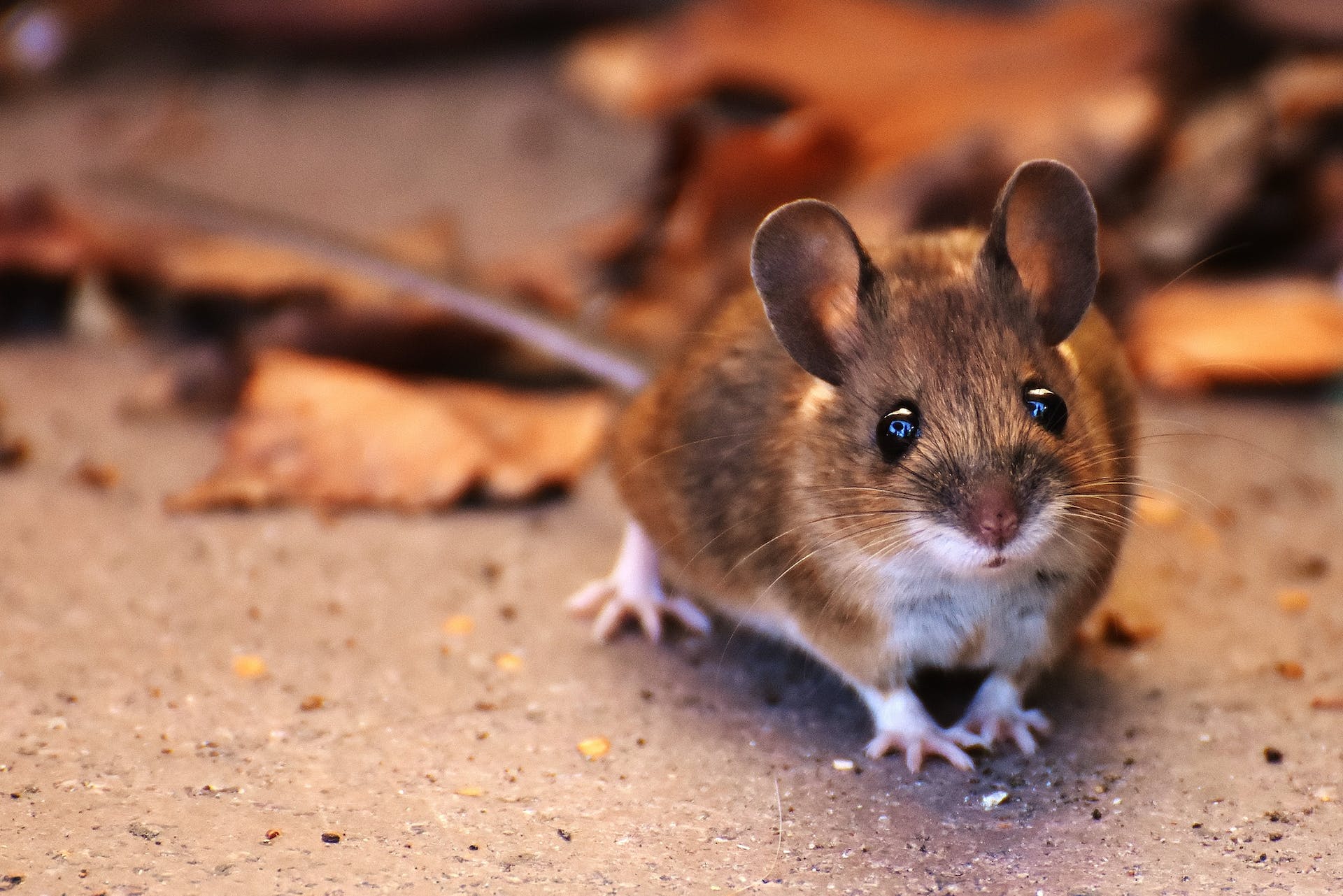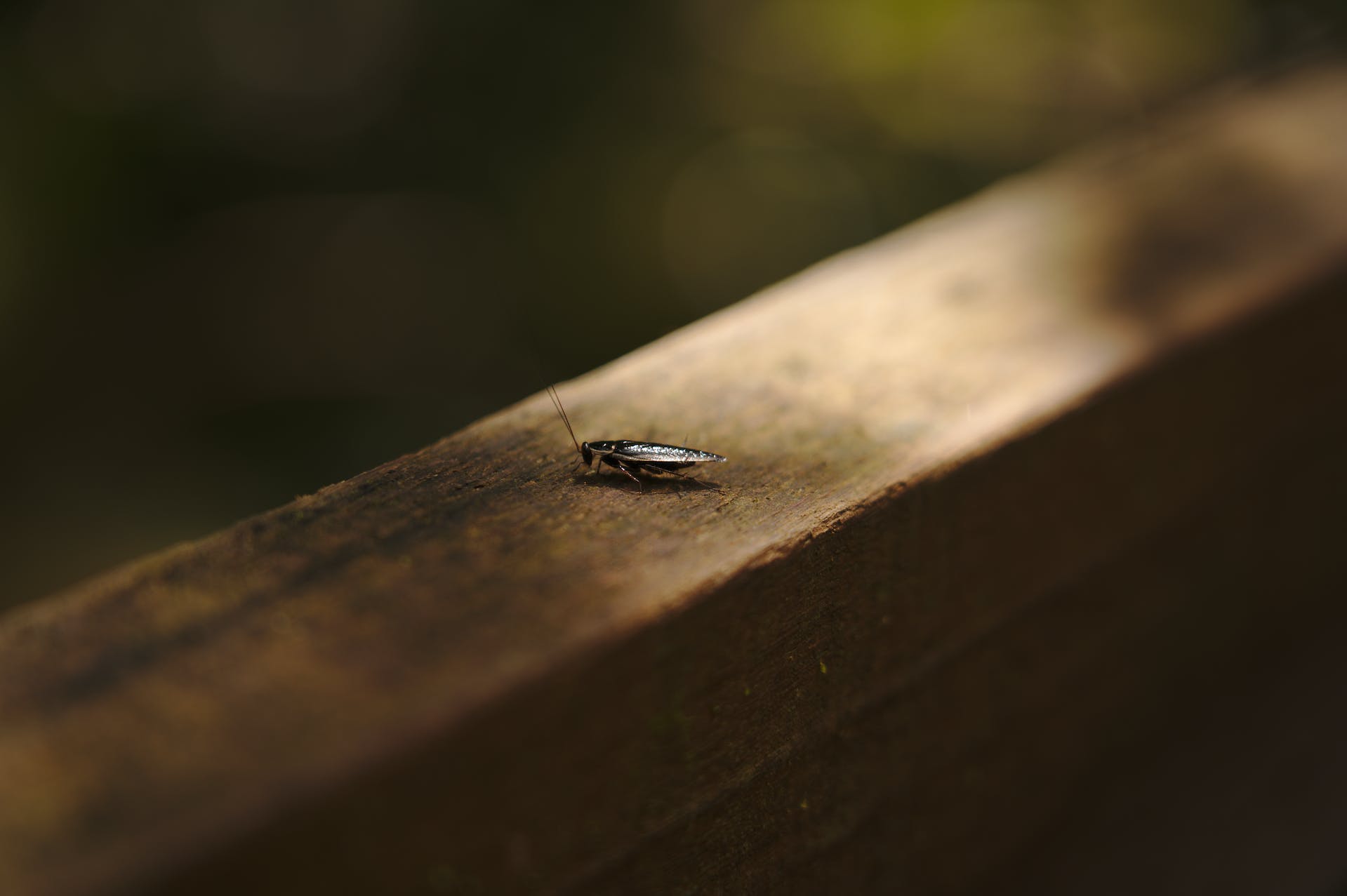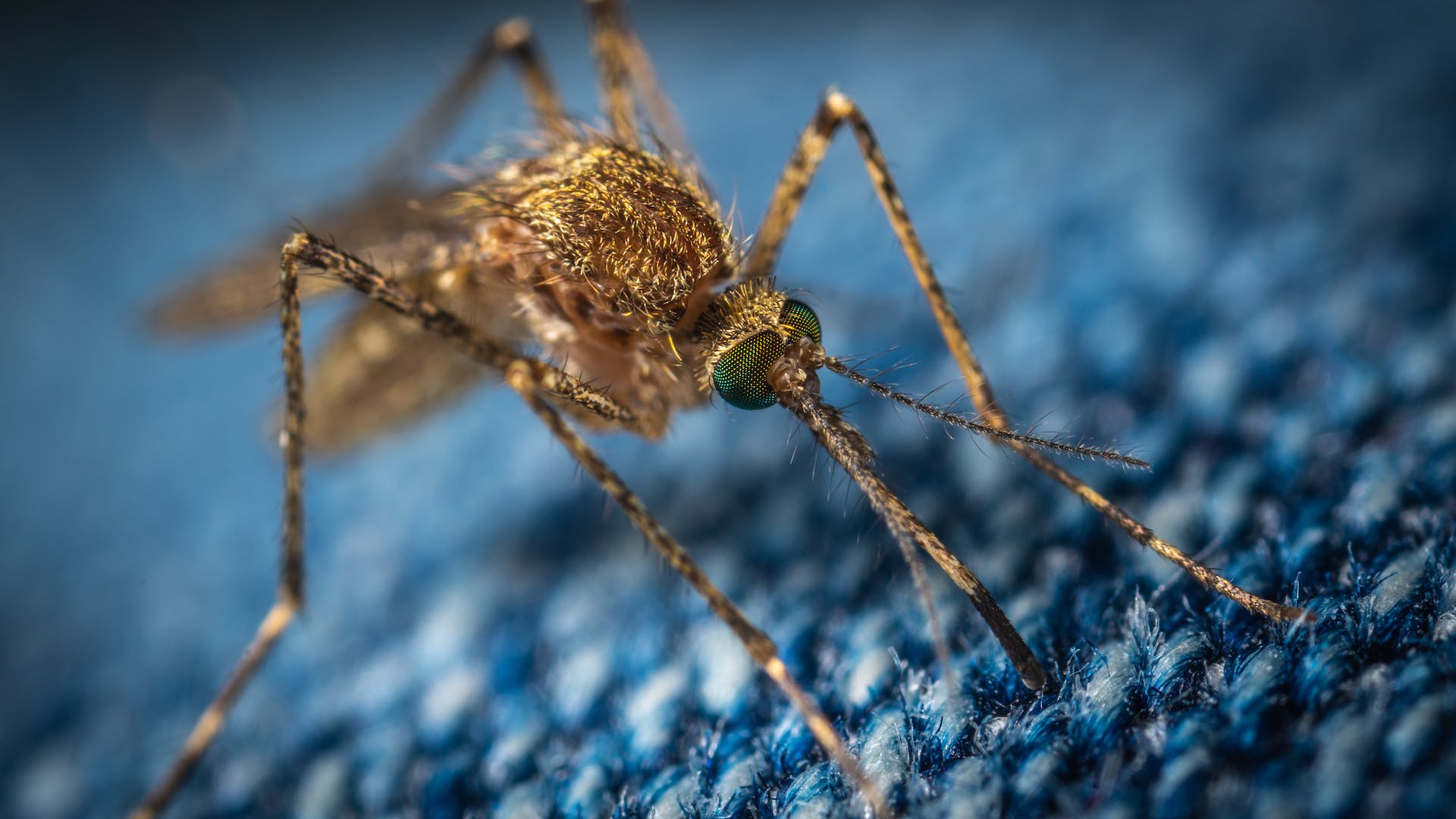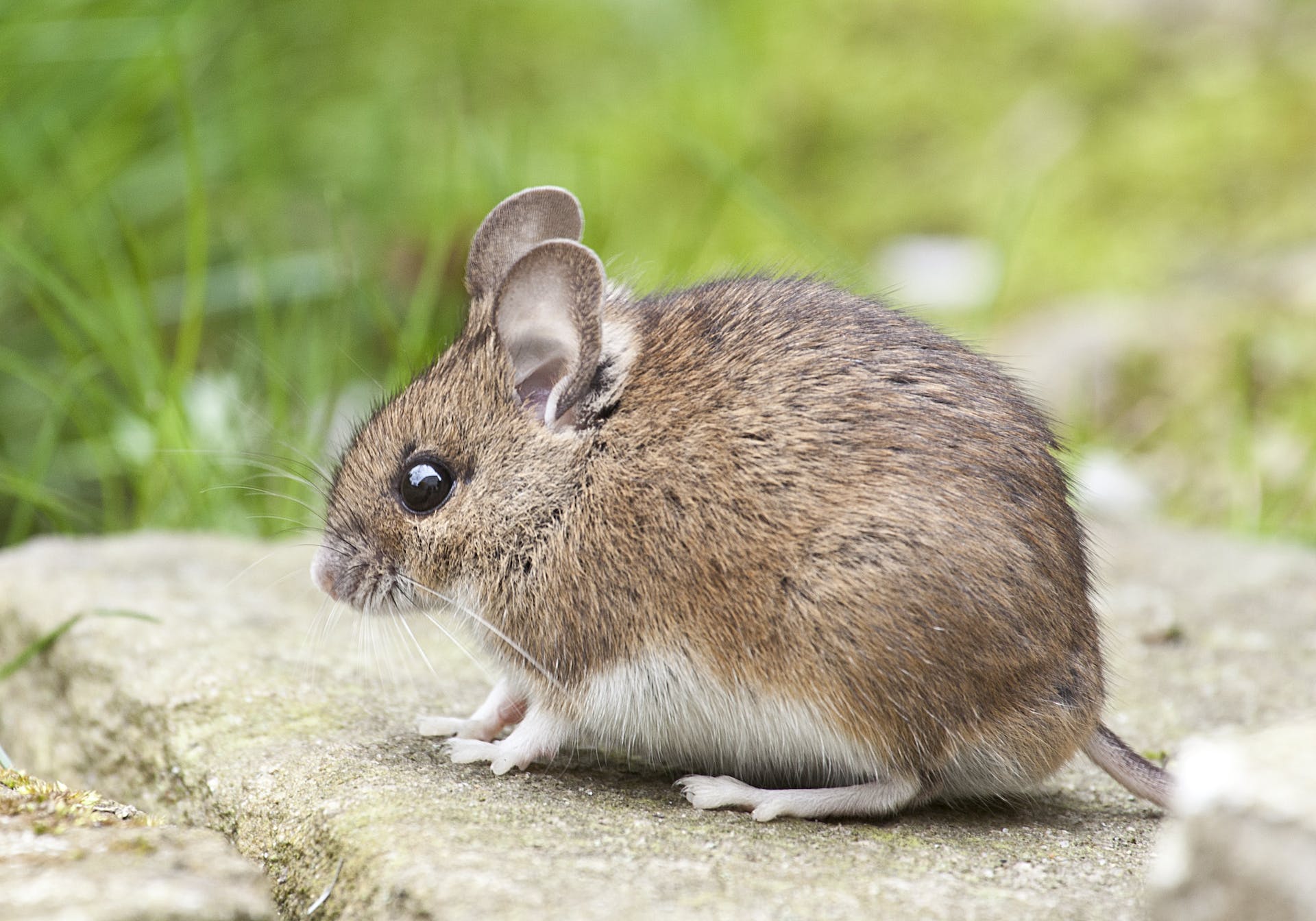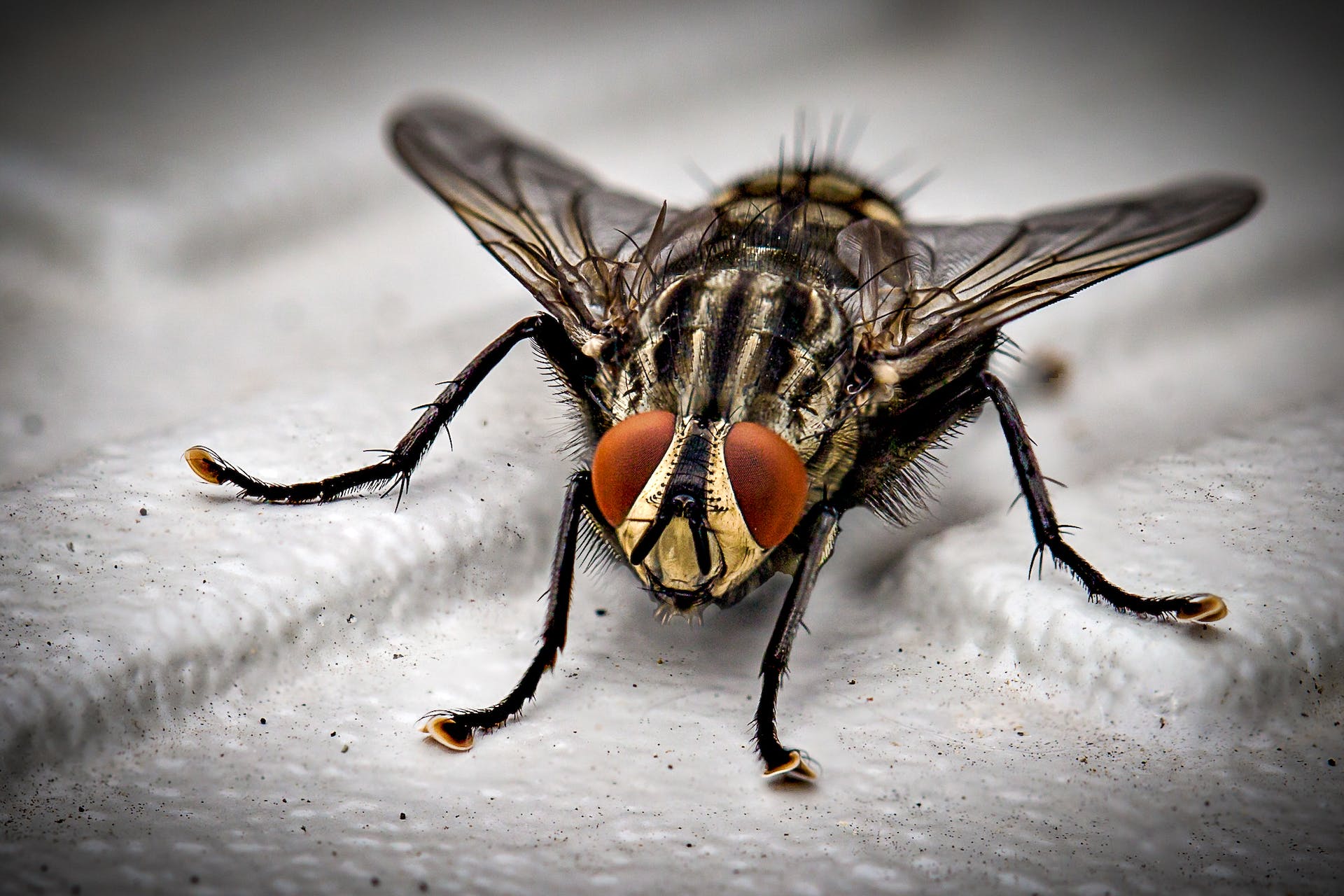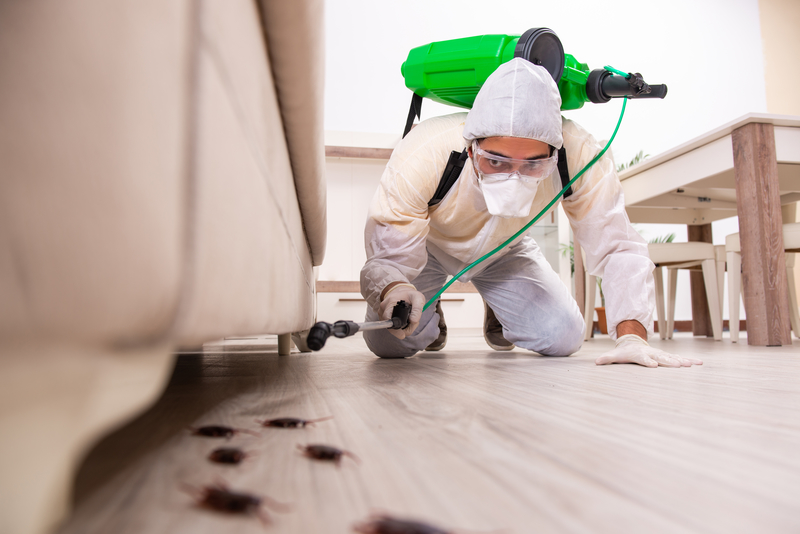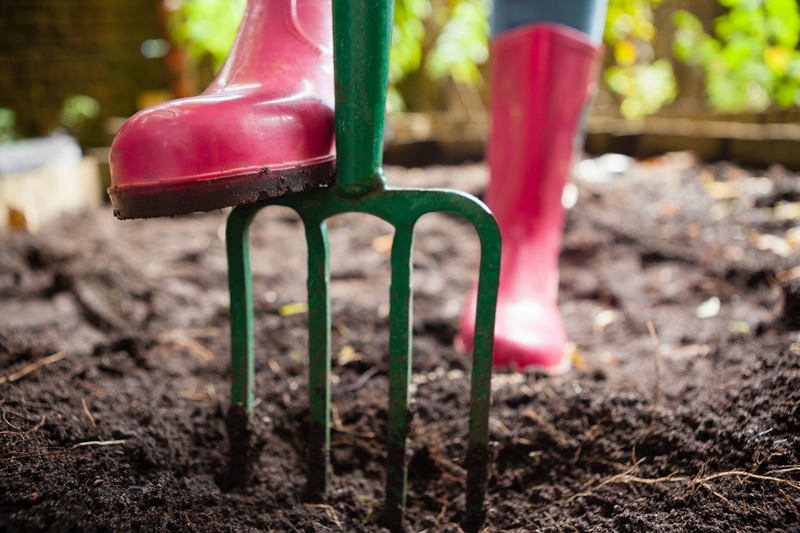As an Iowa homeowner, dealing with household pests can be a frustrating and inconvenient experience. From ants marching across your kitchen counters to spiders lurking in dark corners, pests can quickly disrupt your peace of mind. In this blog post, we’ll explore some of Iowa’s most common household pests, their behaviors, signs of infestation, and simple prevention techniques to keep them at bay.
Ants:
Ants are among the most common household pests in Iowa, with species like pavement ants, odorous house ants, and carpenter ants causing headaches for homeowners. Signs of an ant infestation may include seeing trails of ants marching indoors, finding small piles of sawdust (indicating carpenter ant activity), or noticing a musty odor from odorous house ants. To prevent ant infestations, keep your kitchen clean, store food in sealed containers, and seal cracks and crevices where ants can enter your home.
Spiders:
Spiders are another prevalent pest in Iowa homes, with species like the common house spider and cellar spider making appearances year-round. While most spiders are harmless, their presence can be unsettling for many homeowners. Signs of a spider infestation include seeing webs in corners, around windows, and in basements or crawl spaces. To deter spiders, keep your home clutter-free, vacuum regularly, and seal entry points to prevent them from entering your home.
Rodents:
Mice and rats are common pests in Iowa, especially as temperatures drop in the fall and winter months. Signs of a rodent infestation may include finding droppings, gnaw marks on food packaging or wiring, and hearing scratching or scurrying noises in walls or ceilings. To prevent rodents from entering your home, seal gaps and cracks in your home’s exterior, store food in airtight containers, and keep your home clean and clutter-free.
Mosquitoes:
During the summer months, mosquitoes can become a nuisance in Iowa, especially in areas with standing water. Signs of mosquito activity include seeing swarms of mosquitoes outdoors, getting bitten frequently, and finding mosquito larvae in stagnant water sources. To reduce mosquito breeding sites, empty containers that collect water, clean out gutters, and use mosquito repellents or citronella candles when spending time outdoors.
Bed Bugs:
While less common than other pests, bed bugs can still be a problem for Iowa homeowners, especially in multi-unit housing or areas with high turnover rates like hotels and dormitories. Signs of a bed bug infestation may include waking up with itchy, red bites, finding blood spots on bedding or furniture, and noticing a sweet, musty odor. To prevent bed bug infestations, inspect second-hand furniture before bringing it into your home, avoid placing luggage on beds or upholstered furniture when traveling, and regularly vacuum and launder bedding.
By familiarizing yourself with Iowa’s top household pests and taking proactive measures to prevent infestations, you can protect your home and family from the nuisance and potential health risks associated with pests. Remember to stay vigilant, address any signs of pest activity promptly, and consider seeking professional pest control services if needed. With a proactive approach to pest management, you can enjoy a pest-free living environment year-round.


